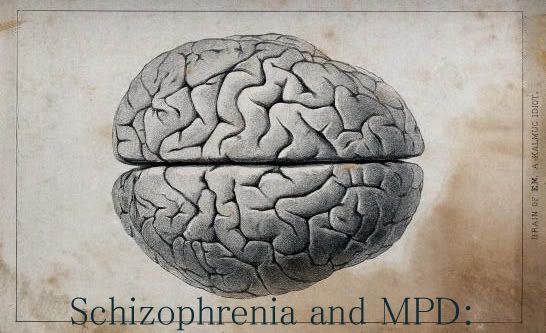Like in all myths found in the psychological and scientific fields in general, there are usually multiple reasoning errors for why people believe a myth in the first place. In the case of people misinterpreting schizophrenics as having multiple personalities, the most notable error would have to be the misleading film and media portrayal followed by the terminological confusion of the two disorders (Lilienfield, 18). The first reasoning error pointed out in Thomas Gilovich’s section on “Motivational and Social Determinants of Questionable Belief” are distortions created in the service of “informativeness” and entertainment. Like in the previous post about movies that confuse or exaggerate the two disorders, schizophrenia has been misconstrued in the media since 1916 (Lilienfeld, 191). Another reasoning error is that is common with this myth is distortions due to probability. Like stated earlier, people have the simple tendency to not understand the medical terms talked about with schizophrenia and MPD. Distortion due to plausibility is the acceptance and spreading of a myth because it seems like it should be true. Schizophrenia has had a long history of being misconstrued for literally a “split-mind”. It is therefore easy to see why the public could mistake this coined term for multiple personality disorder. The last reasoning error prevalent in this myth is the “The Imagined Agreement of Others”. This fallacy mentions the false consensus effect in which someone believes a myth because they also think it is held as true by the majority of the population (113). In all three of these reasoning errors, there is a main theme of assumption through the mass media or other people. Knowing the variances between medical terminologies helps to prevent these false beliefs.
References:
Gilovich, Thomas. How We Know What Isn't So: the Fallibility of Human Reason in Everyday Life. New York, N.Y.: Free, 1991. Print.
Lilienfeld, Scott O. 50 Great Myths of Popular Psychology: Shattering Widespread Misconceptions about Human Behavior. Chichester, West Sussex: Wiley-Blackwell, 2010. Print.


No comments:
Post a Comment